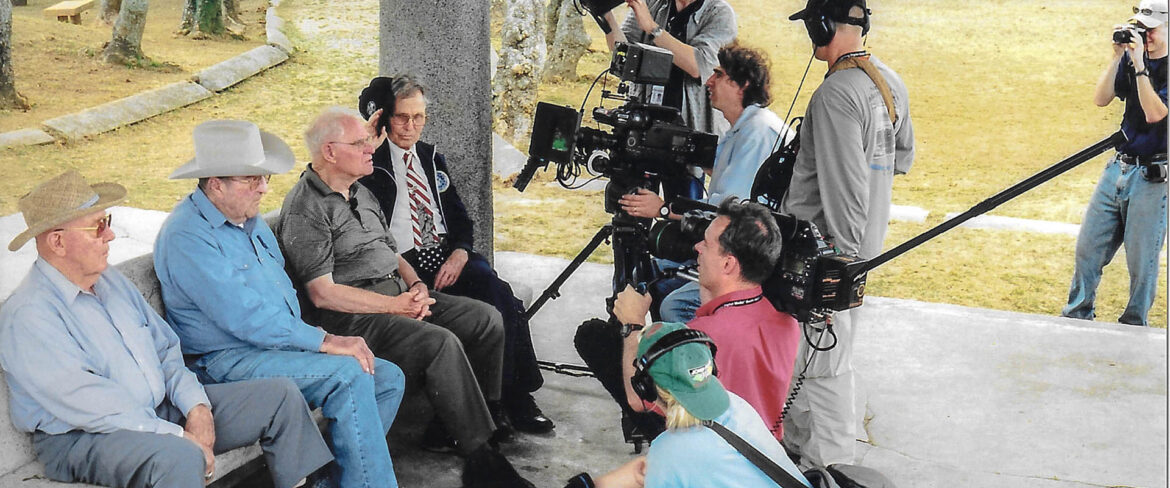The term “conscientious objector” evokes a plethora of profound inquiries pertaining to faith, morality, and the enduring challenges posed by war. How does one reconcile the precepts of their religious convictions with the demands of a society often steeped in militarism? This question not only resonates with individuals of faith but also invites a broader exploration of civil disobedience within a Christian context. The confluence of faith and war raises critical ethical considerations that demand a thoughtful examination of historical precedent, scriptural insights, and the implications of civil disobedience.
At the heart of the conscientious objector movement lies the affirmation of personal convictions against the backdrop of societal expectations. Conscientious objectors are individuals who, motivated by moral or religious beliefs, refuse to participate in armed conflict. This stance is not merely a reluctance to bear arms but a profound assertion of one’s moral integrity, grounded in the teachings of various faith traditions, particularly Christianity. A surge of conscientious objectors emerged during periods of significant military conflict, such as World War I and World War II, where pacifism became overtly challenging yet fundamentally important.
Scriptural analysis provides a vital framework for understanding conscientious objection from a Christian perspective. The teachings of Jesus Christ, particularly his admonition to “love your enemies” (Matthew 5:44), underscore the paramount importance of compassion over violence. The Sermon on the Mount amplifies this ethos, advocating for a radical departure from retribution and an embrace of peace. When one contemplates the implications of such teachings in the context of warfare, it becomes apparent that the conscientious objector’s position may offer a compelling alternative to the prevailing paradigm of armed responses.
Moreover, historical figures such as Dietrich Bonhoeffer and Martin Luther King Jr. exemplify the intricate dance of faith and civil disobedience. Bonhoeffer, a German theologian and pastor, actively resisted the Nazi regime, ultimately sacrificing his life for his convictions. His commitment to both faith and moral clarity provides a poignant illustration of the delicate balance between obedience to God and the ethical demands of society. Meanwhile, Dr. King’s approach to civil rights reflected a deeply rooted Christian ethos, advocating for justice through nonviolent resistance. Both figures compel us to ponder: can the conscientious objector’s path be subsumed under the larger narrative of civil disobedience, especially when the moral fabric seems frayed by injustice?
The interplay between faith and civil disobedience unveils an enigmatic dimension of the conscientious objector’s experience. In a world replete with ethical dilemmas, the conscientious objector stands as a prescient reminder of the potential for faith to engender social change. Consider the implications of civil disobedience as an expression of fidelity to one’s convictions. When societal norms stridently align with violence, how does the follower of Christ navigate the tension between allegiance to state and adherence to divine principles? This challenge magnifies the significance of community—support networks that provide solace, wisdom, and encouragement to those who would choose a nonviolent path.
Furthermore, it is paramount to examine the psychological and social ramifications of being a conscientious objector. The choice to refuse military service is often met with scrutiny, isolation, and even hostility. Yet, within the Christian community, there exists a duty to recognize and affirm the convictions of those who opt for peace over war. In light of this, how can the Church play a proactive role in supporting such individuals? It is not sufficient to simply espouse peace; active engagement and advocacy for conscientious objectors could unify faith communities to foster a culture that values nonviolence.
Tenets of restorative justice further enrich the discussions surrounding conscientious objection. War, with its cacophony of destruction, consistently inflicts trauma upon societies, leaving scars that manifest in multifaceted ways. Conscientious objectors, through their commitment to nonviolence, underscore the need for reconciliation and healing. By refusing to perpetuate cycles of violence, they advocate for a different kind of conflict resolution—one rooted in empathy, dialogue, and understanding. Isn’t it intriguing to consider how this model not only aligns with Christian teachings but also offers a transformative agenda for societal healing?
In light of the 21st century, the conscientious objector remains a vital archetype amid ongoing global conflicts and existential crises. The proliferation of violence in various forms—be it militaristic, systemic, or personal—invites renewed reflection on the relevance of conscientious objection today. Numerous conflicts continue to challenge the moral compass of individuals, and as wars rage, the voice of conscientious objectors becomes crucial to instigating pivotal dialogues on the nature of justice and the essence of faith.
Ultimately, the conscientious objector embodies a courageous breakthrough into the complexities of faith, war, and civil disobedience. Their existence communicates a clarion call for communities to seek nonviolent approaches, rooted in love and compassion. As the world remains poised at the intersection of faith and conflict, the commitment to not just articulate ideals but to embody them may indeed redefine the bonds between humanity and divinity, inviting all to revisit the age-old quest for peace—a facet of the faith that Christ himself called for.



